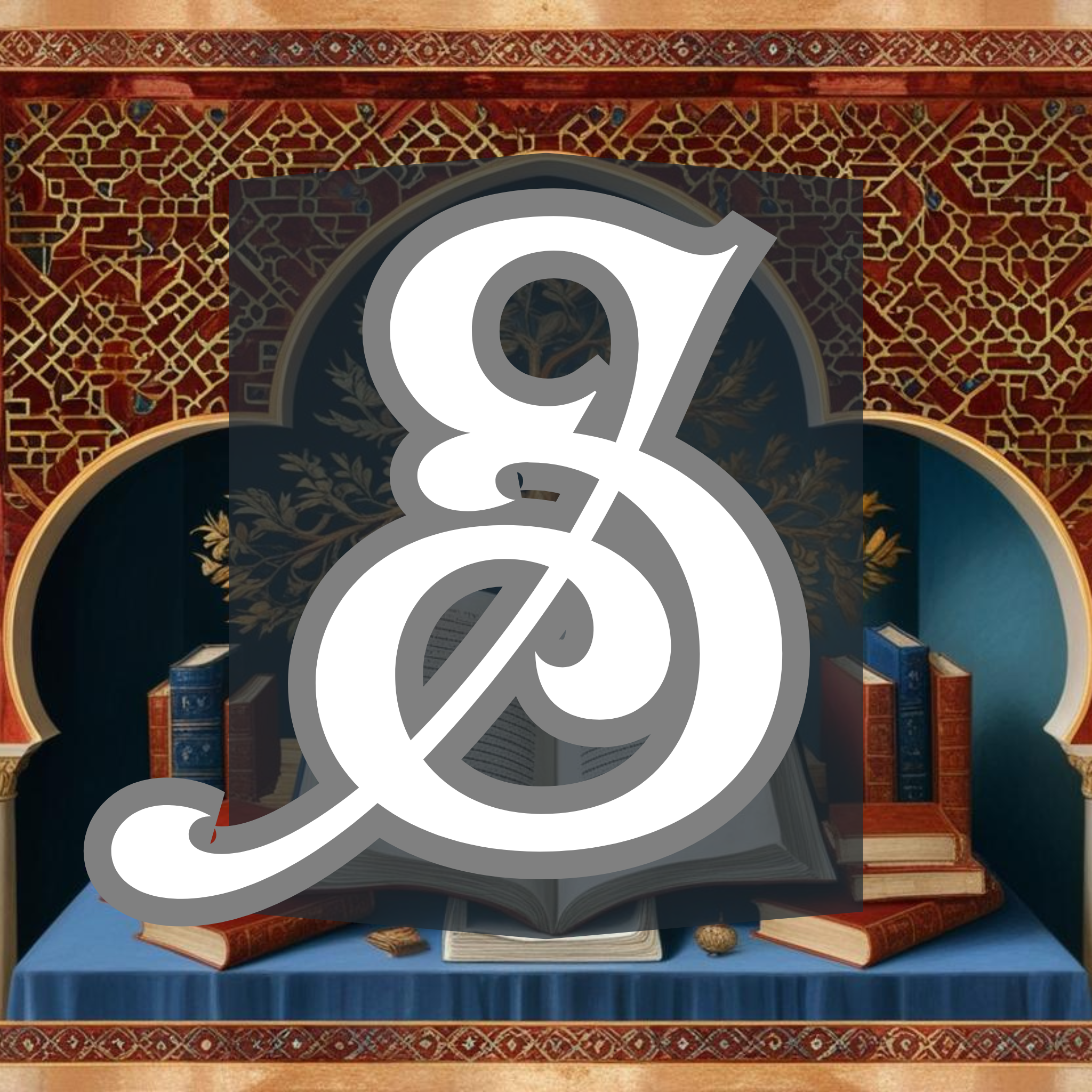In the introduction to the first section of The Horizontal Society, The God of Israel, Rabbi José Faur presents a profound analysis of Judaism’s foundational principles, positioning it as a unique intellectual and societal paradigm. By framing Creation itself as a text and portraying the God of Israel as a “writer” and “reader,” Rabbi Faur highlights the centrality of interpretation, meaning-making, and covenantal partnership in Jewish thought. Through this lens, he contrasts Judaism’s egalitarian and participatory ethos with the hierarchical and mythological systems of other cultures. This introduction establishes key themes that resonate throughout the book: the transformative concept of “Alphabetic Judaism,” the Sabbath as a semiotic marker, and the dangers of the “analphabetic mindset.”
Creation as a Semiotic Act: God as Writer and Reader
Rabbi Faur begins by exploring the Torah’s presentation of Creation as a deliberate and structured act of divine authorship. Unlike mythological traditions, where the cosmos emerges from chaos or violence, the Torah depicts a God who creates through language and order. Each act of Creation unfolds through divine speech—words that shape reality and imbue it with purpose. This portrayal of God as a writer introduces a fundamentally semiotic view of existence, where the universe itself is understood as a coherent text, rich with meaning to be interpreted.
This framing establishes humanity’s role as a reader and interpreter of the divine text. For Rabbi Faur, this is not a passive relationship but an active partnership in the ongoing project of Creation. To read the world as text is to engage with it intellectually and spiritually, discerning patterns, generating meaning, and participating in the divine covenant.
Alphabetic Judaism: The Act of Reading and Writing
A cornerstone of Rabbi Faur’s argument is the concept of “Alphabetic Judaism,” which elevates reading and writing as core elements of Jewish identity. Alphabetic Judaism reflects a worldview where knowledge, law, and divine will are encoded in texts that demand active engagement. This mode of thinking allows individuals to approach the world not as a collection of static phenomena but as a dynamic system of signs—symbols waiting to be interpreted and understood.
Rabbi Faur contrasts this intellectual richness with the “analphabetic mindset” of mythological and hierarchical cultures. In these traditions, texts are either nonexistent or treated as fixed artifacts, fostering dogma and idolatry. The analphabetic mindset, Rabbi Faur warns, lacks the capacity for meaningful interpretation and thus undermines the intellectual and moral development that Alphabetic Judaism encourages.
The Sabbath: A Semiotic Marker of Covenant
In Rabbi Faur’s reading, the Sabbath emerges as a key symbol in the narrative of Creation. It signifies the culmination of God’s creative work and the transition from cosmic order to historical time. More than a day of rest, the Sabbath serves as a semiotic marker—a sign of the covenant between God and humanity. It reminds humanity of their responsibility to interpret and engage with Creation, aligning their lives with divine will.
The Sabbath’s role as a semiotic marker reinforces the participatory ethos of Judaism. Observing the Sabbath is an act of recognition, an acknowledgment of humanity’s covenantal partnership with God. This weekly reaffirmation underscores the egalitarian nature of Jewish society, where every individual shares in the collective responsibility to uphold and interpret the Torah.
Critique of the Analphabetic Mindset
Throughout the introduction to section one, Rabbi Faur critiques what he terms the “analphabetic mindset.” This perspective, prevalent in mythological and hierarchical cultures, is marked by an inability or unwillingness to engage with texts as dynamic, meaning-generating systems. Analphabetic cultures prioritize fixed myths and heroic narratives over intellectual inquiry and interpretive engagement. This mindset, Rabbi Faur argues, fosters superficiality, dogmatism, and idolatry, ultimately leading to the erosion of wisdom and justice.
Rabbi Faur’s critique extends to those within Jewish tradition who fail to uphold the principles of Alphabetic Judaism. He identifies such individuals as “little foxes,” borrowing the metaphor from Song of Songs (2:15). These little foxes, characterized by self-serving agendas, distort and undermine the integrity of rabbinic discourse. They prioritize hierarchical systems and personal gain over the collective, egalitarian ethos of Jewish thought, aligning themselves with the forces that threaten the horizontality of Jewish society.
Humanity as Partner in Creation
At the heart of Rabbi Faur’s argument is the idea that humanity is a co-creator with God. By engaging with the divine text of Creation, humanity fulfills its role as a covenantal partner, generating meaning and expanding the reach of divine will. This active participation distinguishes Judaism from hierarchical systems, where authority is concentrated in the hands of a few. In the horizontal society envisioned by the Torah, every individual has a role in the interpretive and creative process.
This participatory model also serves as a counterpoint to the passive obedience demanded by mythological systems. For Rabbi Faur, the Jewish emphasis on reading, writing, and dialogue fosters a society where knowledge and responsibility are shared, ensuring that the covenant remains alive and relevant across generations.
Conclusion: Creation as the First Text
In this introduction to The God of Israel, Rabbi José Faur presents a vision of Judaism that is both intellectually rigorous and spiritually profound. By framing Creation as a text and God as a writer, he emphasizes the centrality of interpretation and meaning-making in Jewish life. The concept of Alphabetic Judaism highlights the unique role of texts in shaping Jewish identity, while the Sabbath serves as a covenantal marker that binds humanity to the divine.
Through his critique of the analphabetic mindset and the “little foxes” who undermine Jewish discourse, Rabbi Faur underscores the importance of intellectual discipline and communal integrity in preserving the horizontal society envisioned by the Torah. This chapter not only sets the stage for the rest of The Horizontal Society but also challenges readers to engage with the Torah and the world as active participants in the ongoing project of Creation.
